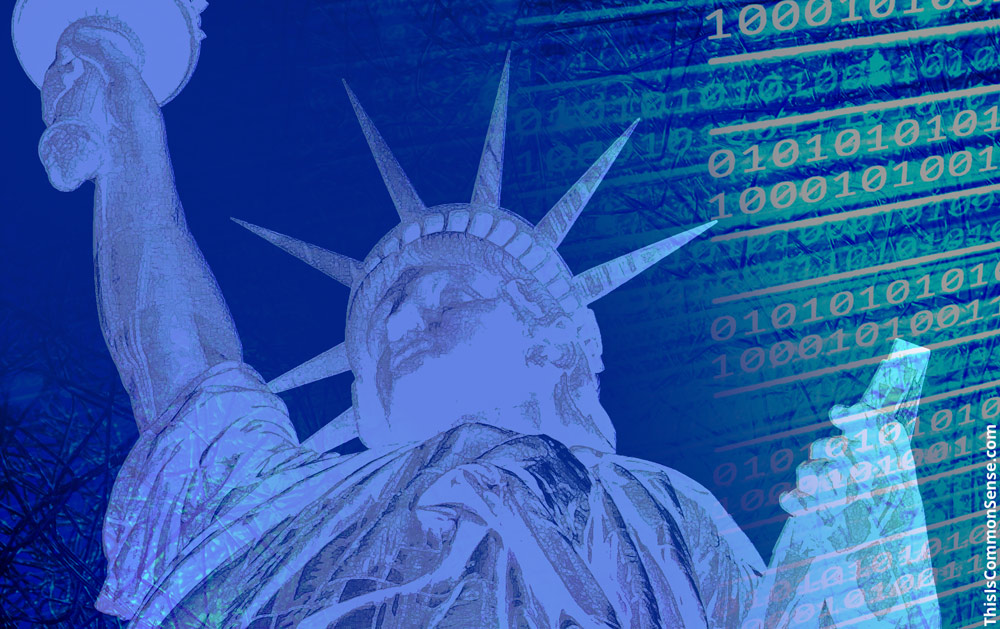“The freak-out was something to behold,” I wrote two years ago.
Newly appointed chair of Federal Communications Commission, Ajit Pai, had just nixed ‘net neutrality,’ and reactions from the left end of the political spectrum were overwhelmingly negative.
I, on the other hand, prophesied good times ahead. But we free-market folks were outshouted.
At least on Twitter.
Now, two years later, with something like a free market returned to Internet regulation, Casey Given at the Washington Examiner urges us not to “forget how the Left cried wolf.”
Contrary to doomsayers — whose alarm was that, sans net neutrality, we would experience “the End of the Internet as We Know It” — things are turning out pretty well. Mr. Given tells us that “since the repeal of net neutrality, more than 6 million people have gained access to the internet. Internet speeds have increased as well.”
Which shouldn’t shock. After all, the whole net neutrality mania was fear-based anti-capitalist prejudice.
“The Internet had stumbled along just fine until 2015, when President Barack Obama’s FCC put ‘net neutrality’ in place — a point Ajit Pai ably makes in his defense,” I argued two orbits ago. “Do the doom-sayers really believe that a set of regulations that had been in place just a few years was going to ‘ruin the Internet’ and unleash Big Corporations upon the world to the detriment of regular consumers and start-up service providers?”
What most net neutrality advocates wouldn’t acknowledge, at the time, was that net neutrality was supported by key telecom corporations. This should have given them a hint that net neutrality itself was the thing to be most feared: a rigged system for a few at the expense of the many.
This is Common Sense. I’m Paul Jacob.

—
See all recent commentary
(simplified and organized)

2 replies on “Gloating Time?”
The simple-minded thought that all packets of data should be given equal priority on the Internet, and that ‘net-neutrality’ would produce such equality. Actual, though, ‘net-neutrality’ was about giving the state, rather than the market, control of which packets would be prioritized.
It’s clear that content such as the text entries and still graphics of my ‘blog doesn’t need the same prioritization as streaming video. Equal prioritization would have meant either that service providers had to have far more capacity than normally needed (and to charge accordingly) or that services such as Netflix had to suffer. So, with that excuse, the state would begin deciding what would be sent rapidly, and what would be sent slowly. And a precedent would have been established for further state control of communication.
The most powerful and dangerous monopoly on the face of the Earth was to be given even more power, based upon fear of the market, and upon fantasies about participatory fascism.
Great column except for the continuing pretense that statist positions are “left” positions. The left-most point on the political spectrum is called “libertarianism.” And net neutrality in particular was a thoroughly centrist (and arguably conservative) proposition.